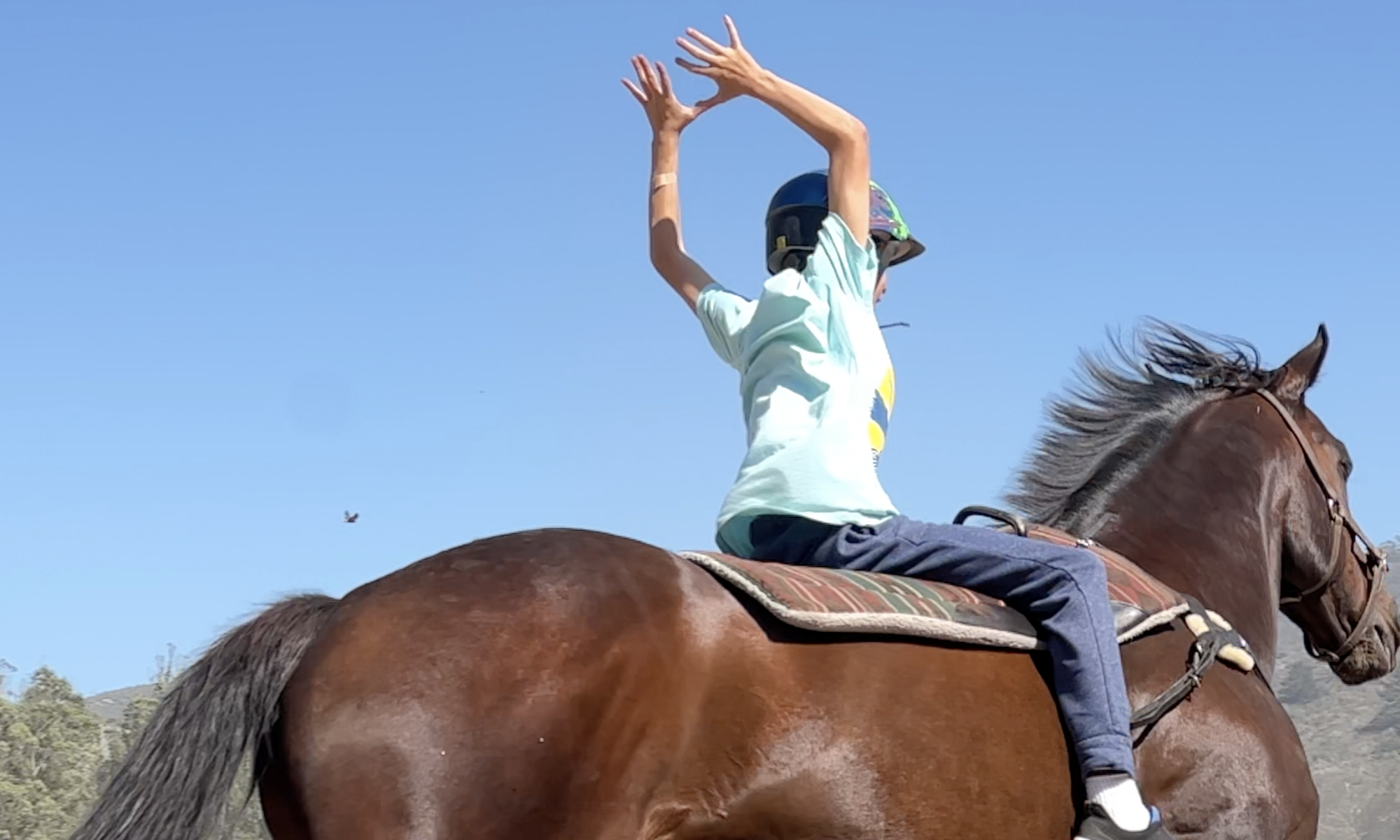“Sit well Joell”
Heeding these words, – a difficult move suddenly becomes easy and I feel elegant, organized and – able.
There were no technical fixes in the instruction – more importantly, there is an assumption that my teacher assumes I am capable.

She could have said:
“Don’t slouch”
“You are collapsing in your ribcage again”.
“You are sitting like an old lady”
….and all of these things would have been true and each of these things has been said to me before. But instead she said;
“Sit well.”
And I did.
Consequently, I was successful.
This makes me think about the true spirt of teaching and the nature of real support.
I read a fascinating statement about the labels “high functioning” and “low functioning” as it relates to autism.
“A high functioning label means that your struggles are ignored and and a low functioning label means that your strengths are ignored.”
Anyone in the autism field knows this reality and the real work lies in finding real solutions.
“Sit well.”
Real support honors the struggles and the strengths of the learner and lets the learner develop a context for figuring things out and succeeding or failing the way to new discoveries.
For example – a young man dearly wants social connection. He wants peers and real friends. How would I best support him in developing this critical skill and very human need?
By honoring both his strengths and his struggles.
First and most important – I presume competence. I need to have a clear picture in my mind of him being successful. No pity – no doubts – just believing he is capable. This transfers to everything I might say or do, every phrase I choose and every gesture I make. Next, I model friendship in every exchange we have. He sees me being friendly, making and keeping friends. And we talk about the effort it takes because he might presume this is easy for me and impossible for him.
Then we find real connections for him with people who share his interests.
In a nutshell, what we learned in kindergarten turns out to be golden:
“If you want a good friend – be a good friend.”
Can it be that simple?
The other option – the one that doesn’t work is to neither respect his struggles nor appreciate his strengths. It looks like this:
“You never make eye contact and you need to learn in order to make friends”
“You must say ‘hello’”
“Try to smile more – people like that.”
Once again, all of these things are true – and yet each statement illustrates that I don’t believe that he’s capable and I don’t appreciate his unique struggles and I’m not interested in what he’s interested in.
“Sit well Joell.”

We are deeply grateful to the horsemastership mentorship of Sofia Valenca and Goncalo Linhas of Lisbon Portugal. Not only for your depth of horsemanship knowledge you so generously share, but more importantly, your faith in us and in our horses that we are elegant, capable and able.
Here’s to great teachers – may we find them, treasure then and strive to be them.
#TeamQuirky


Nicely written- and must be an amazing feeling- it is about positive language use just as much as a believe in the students so they can believe in themselves!